
Call Me by Your Name
2017
Rate this movie
Average: 5.00 / 5
(1 votes)
Director
---
Many critics had been enamored of Luca Guadagnino's previous two films, I Am Love (2009) and A Bigger Splash (2015). Both had brought to light the hermetic sensuality of Tilda Swinton against the backdrop of wonderful Italian locations (Milan and Sanremo in the former, the Sicilian coast in the latter).
Call Me by Your Name radiates warmth.
It is a lush and lustful film, with pulsing hearts and burning loins, chthonic emotions tied to the physicality of the lovers and the objects surrounding them.
Guadagnino, on the other hand, has shown a predilection for imbuing gastronomy with metaphorical meaning; in this, his fifth feature film, he offers us splattered egg yolks and blood dripping over lamb chops, and a recurring motif of ripe fruit, culminating in a sexual scene involving peaches.
The peach scene is brought almost literally to life from André Aciman's 2007 novel, from which the film is adapted.
Aciman is an American scholar specializing in the work of Proust.
It is a story of adolescent sexual awakening set in the well-appointed academic's home in mid-1980s Italy, in the countryside around Cremona.
Elio is the 17-year-old only son of Professor Perlman (Michael Stuhlbarg), an esteemed Archaeology scholar, and his beautiful cosmopolitan wife (Amira Casar).
Until now, he has been mostly heterosexual, cultivating a flirtation with his childhood friend Marzia.
But when 24-year-old Oliver, the latest in a series of the professor's recent graduates visiting to spend a summer at the villa, usurps Elio's bedroom, he also takes Marzia's place in Elio's sexual fantasies.
Oliver (Armie Hammer) is the aggressive embodiment of all American stereotypes: an academic who speaks in abbreviations though extremely erudite, as demonstrated by an exceptional monologue on the etymology of the word "apricot."
Elio is a pup, obviously more naive than the older man, but also sensitive and reckless, with the impulsiveness of adolescence shining silvery and sparkling.
Timothée Chalamet is sensational in the role: fierce and articulate, his eyes flicker with secret thoughts.
For much of the film, we watch Elio and Oliver move in circles, waiting for one of them to make a move.
One can feel the influence of Eric Rohmer (of whom Aciman is an admirer) and, above all, of James Ivory (the film's screenwriter) in this interplay.
The tone is languid but the pace is restless; in the background lies a repressed desire struggling to erupt.
The scenes are brief and sudden; the wonderful backdrop is that of the Cremasco countryside.
Nature plays an essential role in this love story: it is consequential to the moods of the two lovers, it garlands their impulses and accompanies them into an endless emotional vortex.
The film retains a certain Proustian sensibility.
The camera lends an almost hyperreal attention to detail, reflecting on certain words and dwelling on the obsessiveness of an infatuated teenager.
The cinematography is sharp and precise, saturated with cerulean blue, limoncello yellow, cherry red, and apricot, but at the same time slightly worn and blurred.
The world beyond Elio and Oliver's foreground sphere is somewhat faded (women, in particular, seem to remain blurred in the background).
The 1980s setting amplifies this blurring effect.
Call Me by Your Name is full of details and plays a part in shaping an essential iconography of those years: a Robert Mapplethorpe print, a Talking Heads t-shirt, a Penguin Classic book; at an outdoor disco, Elio and Oliver dance to Psychedelic Furs.
These are details that will elicit an affectionate smile from many viewers who lived through those years.
Call Me by Your Name is a vindication of whispered love, free from all constraints, pantheistic.
But it is also a film about adolescent emancipation, about the absolute freedom to savor one's emotions, as emphasized in Professor Perlman's romantic-tinged monologue, Elio's father: "You're ill, and now you wish you felt nothing, perhaps you never wanted to feel anything, but what you feel now, I envy you... We stifle so much of ourselves to heal faster, so much that by 30, we're already dried up, and every time we start a new story with someone, we give less and less, but to make yourself insensitive so as not to feel anything, that's a mistake." Elio and Oliver are two complementary parts of the same love that permeates the countryside and releases that faint taste of happiness that swells the heart and pervades the soul.
A work that is hard to resist, and which leaves a train of flashing images that linger long, and hurt, like the lightning-strike memory of a summer love...
Main Actors
Gallery
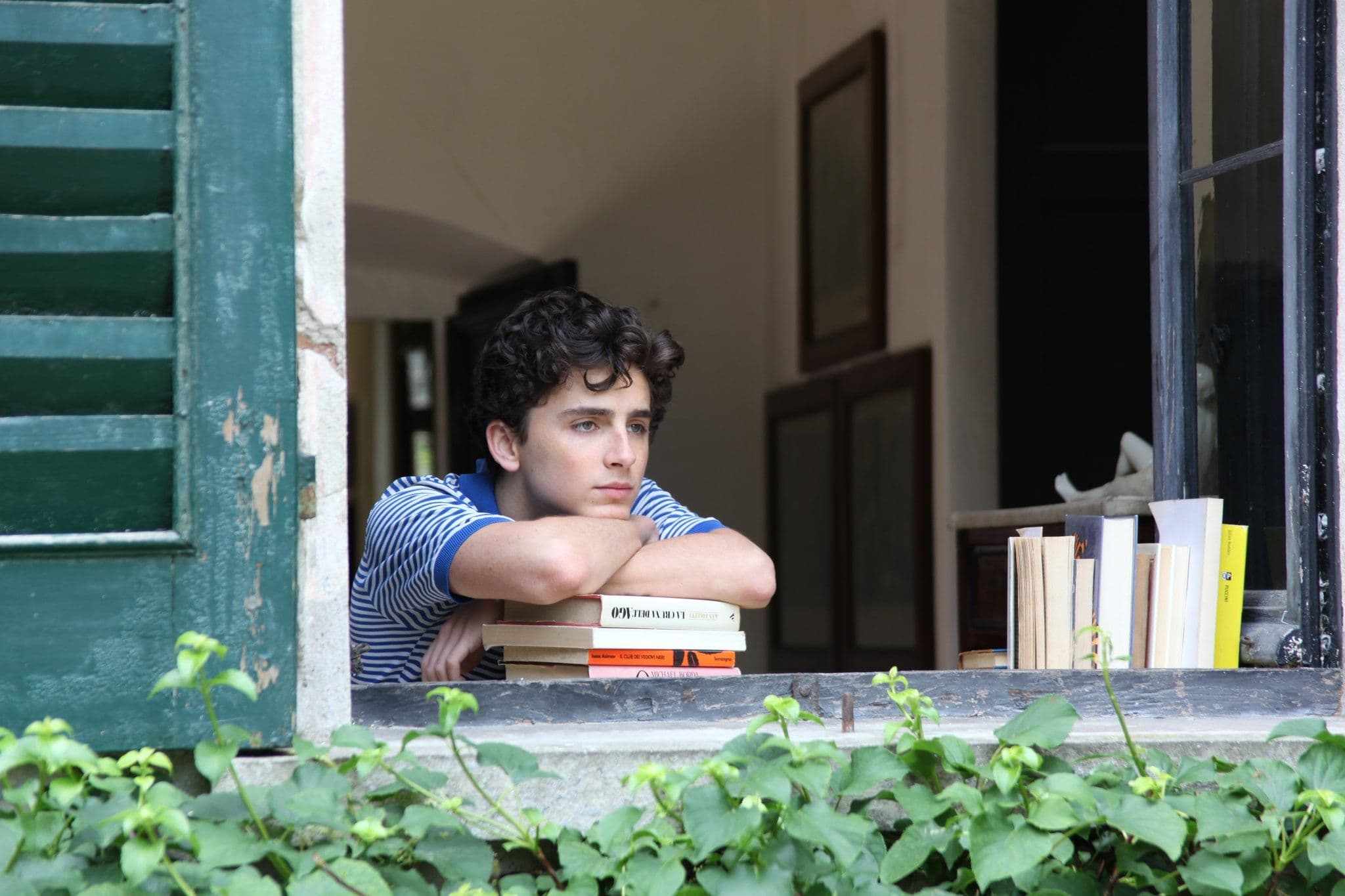
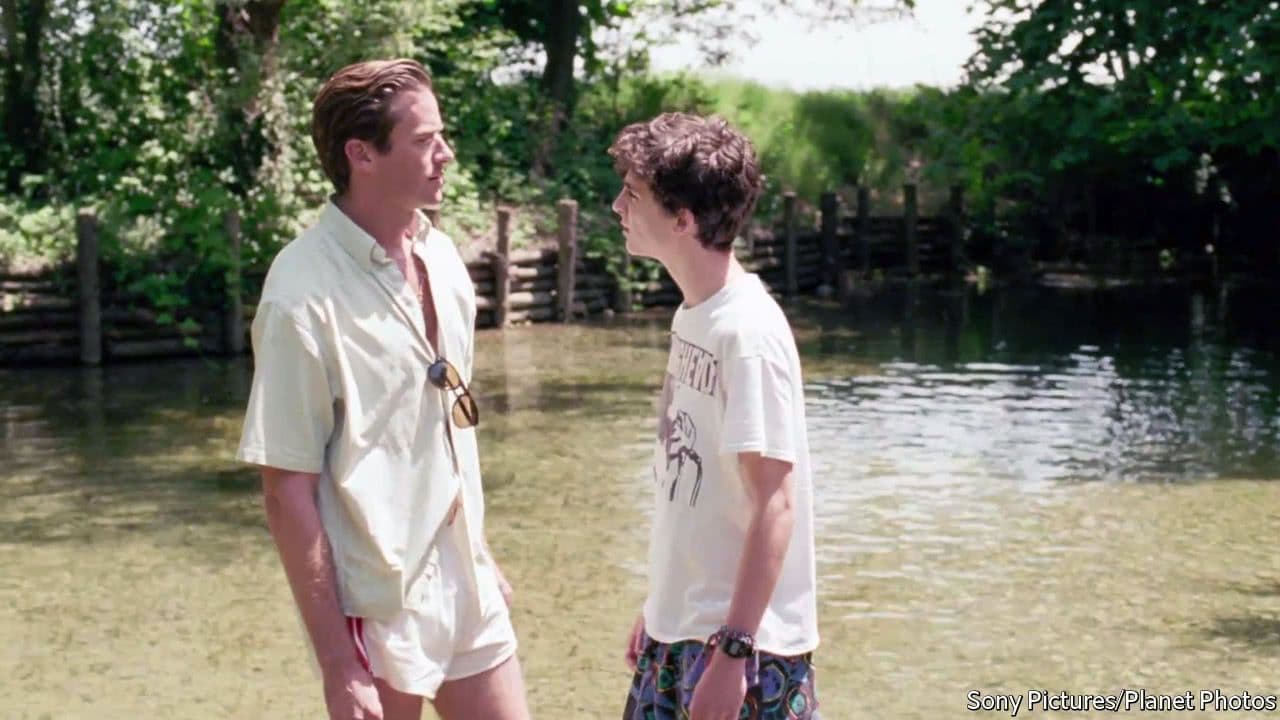
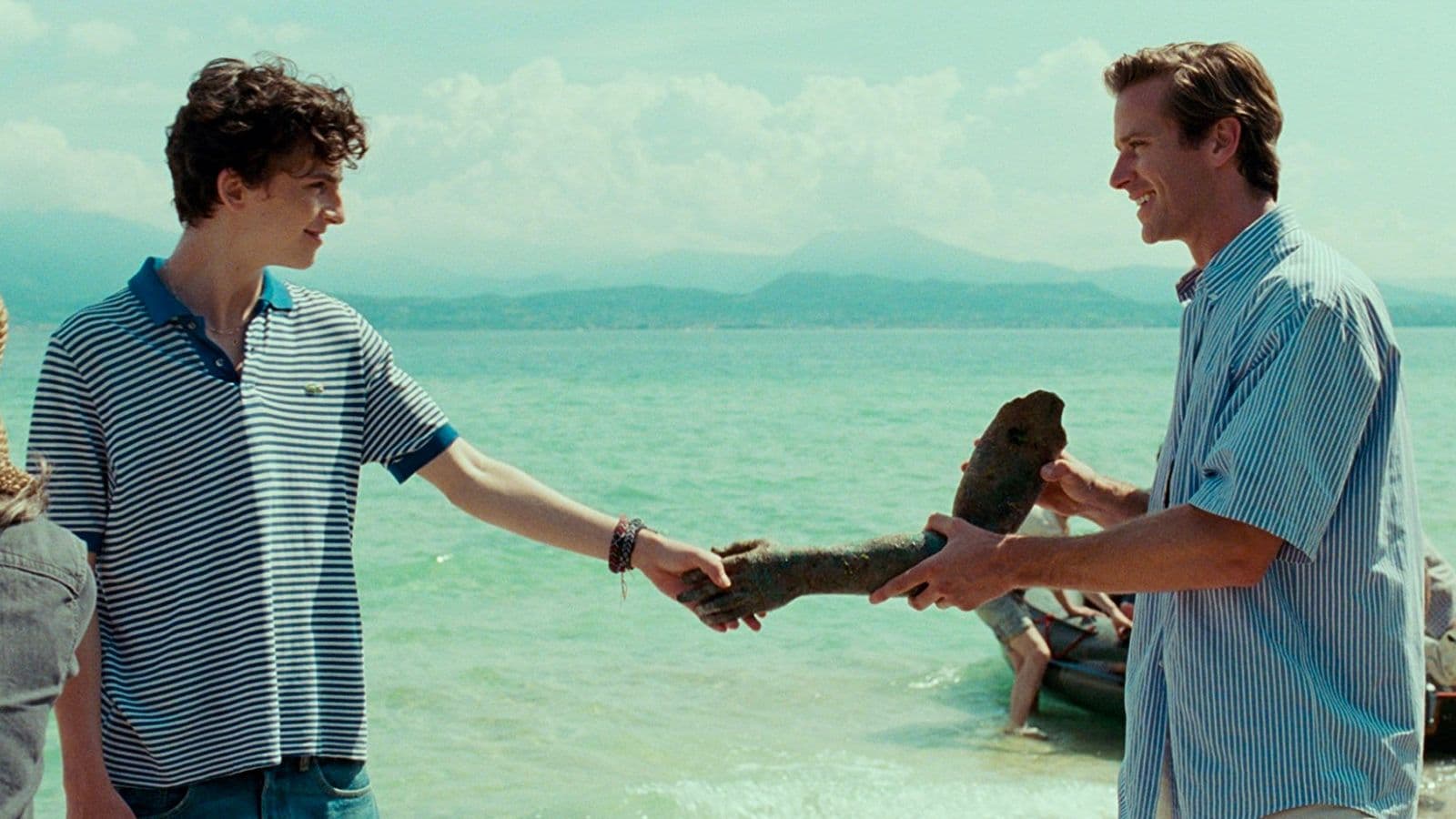
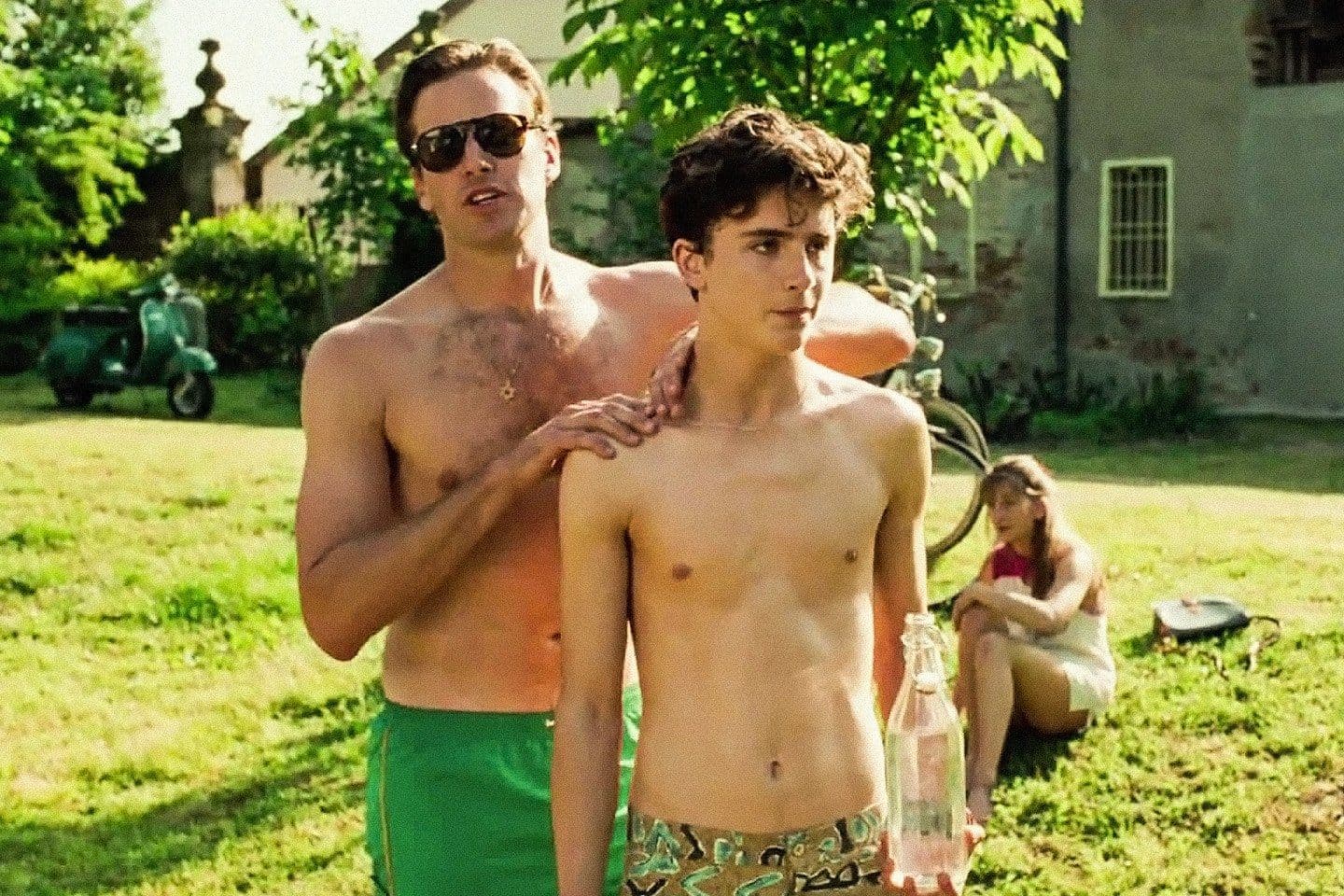
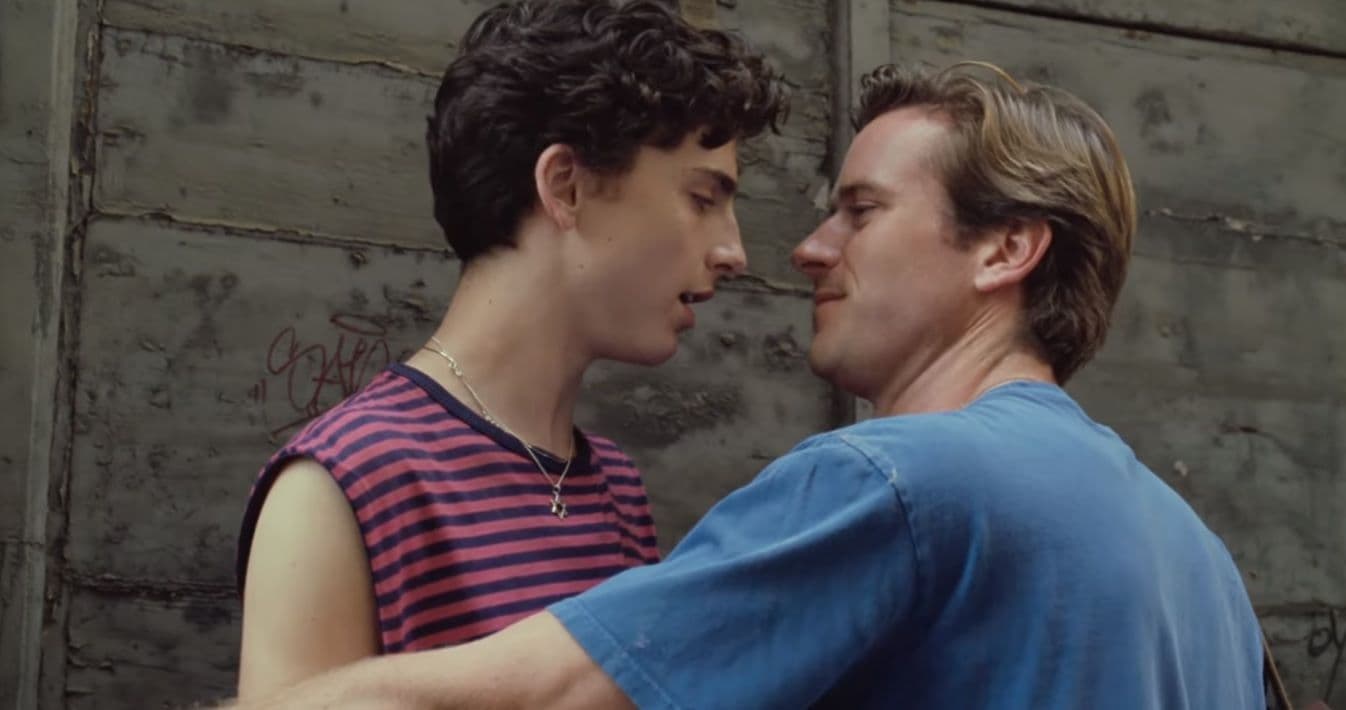
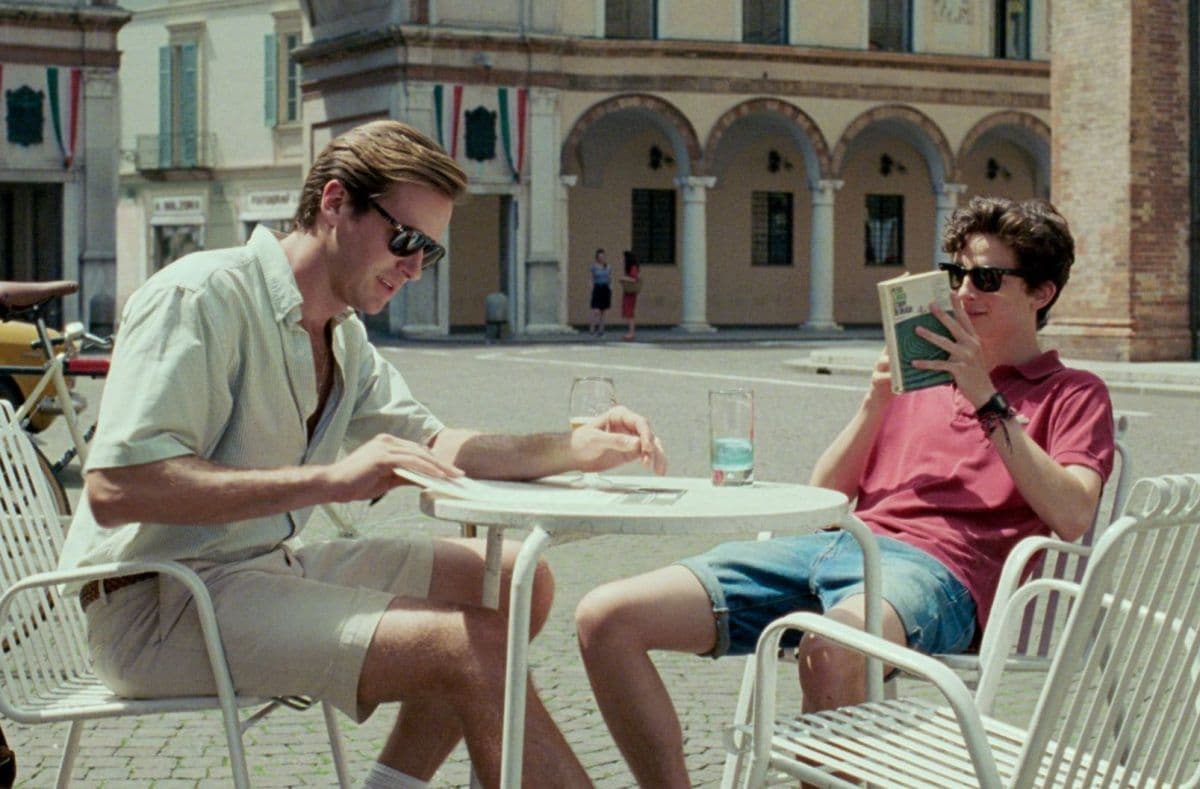
Comments
Loading comments...